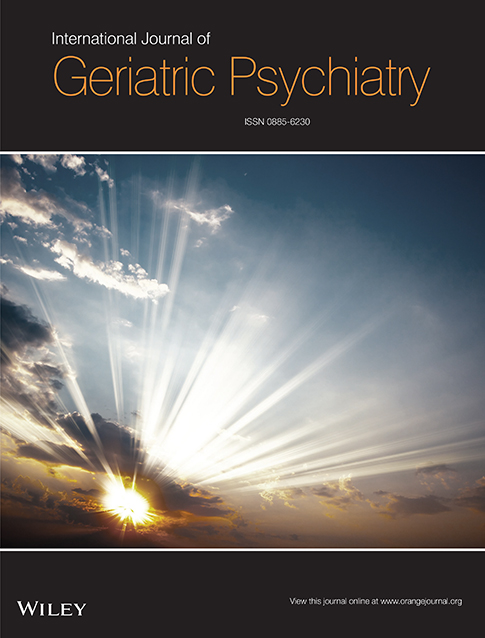Postprandial blood pressure changes in geropsychiatric patients
Abstract
Postprandial hypotension is more common among the elderly than among the young. Complications of postprandial hypotension potentially include falls, fractures and death. We studies 21 ambulatory patients in a university-affiliated, state-operated geropsychiatric hospital. Subjects had major psychiatric diagnoses and received vasoactive drugs for those diagnoses. After baseline measurements, study subjects ate lunch within 15 minutes. The next day, we repeated the procedure except that study subjects did not eat lunch until after they completed the protocol. Mean blood pressure progressively dropped during the 45-minute period following eating with the greatest difference between eating and not eating values occurring at 45 minutes. Our study results more closely approximated the findings in the literature for community-dwelling elderly than geropsychiatric patients in residential settings. Age alone may explain study differences. Based on our preliminary findings, it may be that major psychiatric illness and/or its treatment do not alter age-related cardiovascular hemodynamics in geropsychiatric patients compared with their non-psychiatric counterparts.




